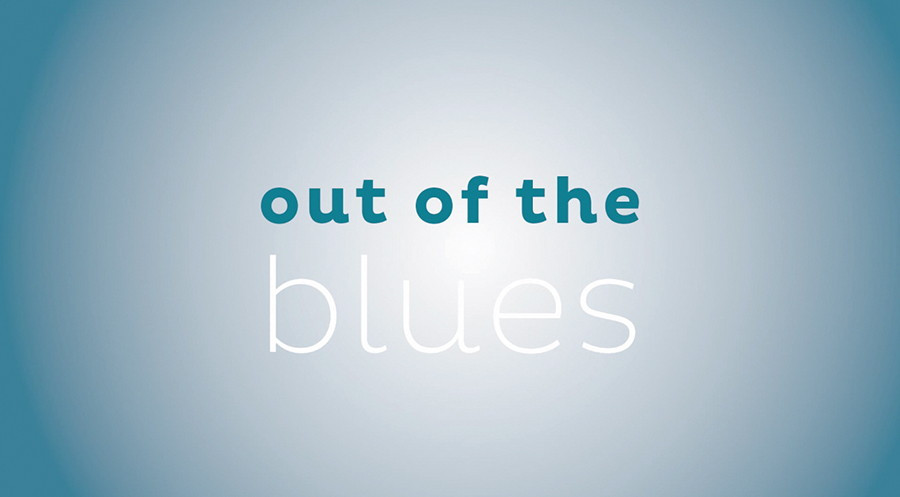Putting the stigma of depression in the penalty box
Local filmmakers share former San Jose Shark’s battle with mental illness
When two hockey buddies decided to create a documentary about depression and mental illness they never expected the response they would receive.
"There's been dozens of people that emailed or messaged (doc subject Chris Burns) personally, or messaged us to thank and commend us,” doc producer Nolan Bicknell says. “But some of the personal things that people have shared - the struggles that they're going through - are very, very real. And when you see it firsthand, it changes you.”
Bicknell and co-producer Audrey Neale worked with former San Jose Sharks player Chris Burns to create Out of the Blues, a documentary on Burns’s battle with mental illness. Since it was posted to their Dreamattic Media YouTube channel on August 12, it has been viewed over 8,000 times.
The doc tells Burns’s story as a standout goalie for the Thunder Bay Flyers junior hockey team in 1993, which then went on to win the NCAA Hockey Championship for the University of Denver and be selected 195th overall by the San Jose Sharks in the NHL entry draft. He had only played three games in the 1993-1994 season when he was stabbed breaking up a bar fight.
In that moment his hockey career ended and his life-long battle with depression began.
Fast-forward 18 years: Burns is playing recreational hockey in the Winnipeg Jets Hockey League with Bicknell.
"Chris has wanted to tell his story and try to help people for a while and he pitched it to me when I first started school," Bicknell recalls. "I didn't feel comfortable making it at first, I felt I didn't have the skills to do the project justice, but a couple years later I knew that we'd be able to produce something worthy of his amazing story."
In Bicknell and Neale's 20-minute doc, Burns tells the rest of his story that includes narcotics, addiction to prescription medication, and PTSD-induced nightmares.
"I found it extremely powerful and heartbreaking when Chris explained depression as a feeling of ‘not wanting to die, but not wanting to live anymore,’” Neale says.
Burns’ friends describe him as positive and outgoing. One teammate even said he was jealous of Burns’s life, which goes to show just how invisible the illness can be - something that frustrates Burns and others living with depression.
"If you have cancer, here's the tumour. It's visible," Burns states in the film. "But if you have depression, it's your word." And that just doesn't seem to always be enough to remove the stigma from mental illness.
"There are so many people out there suffering in silence," Bicknell says, "and if we can eliminate some of that stigma, then our main goal can be eliminating the fear that people have of getting help."
"If the film has helped one person then that's all that matters," Neale modestly notes.
“Depression is no longer an excuse or a buzzword or a disease,” Bicknell says. “It's a person, and they're suffering. It's impossible to not feel a deep sense of empathy.”
Published in Volume 69, Number 1 of The Uniter (September 3, 2014)







